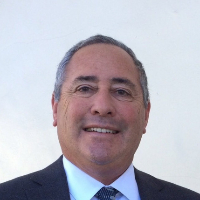Frazier Park Misdemeanor Lawyer, California
Sponsored Law Firm
-
 x
x

Click For More Info:
-
Gharibian Law, APC
101 North Brand Blvd. Suite 1970 Glendale, CA 91203» view mapMedical Malpractice Law Respect Your Elders
Our dedicated legal team can help your family reconcile with elder abuse, personal injury, and wrongful death.
877-875-1119
Not enough matches for Frazier Park Misdemeanor lawyer.
Below are all Frazier Park Criminal lawyers.
John David Underwood
✓ VERIFIEDJohn D. Underwood is a California attorney. He has been a certified member in good standing of the state bar since 2008. John has worked in the corpor... (more)
Steven R. Andrade
✓ VERIFIEDI have been in practice for more than 25 years. I developed my analytical and trial skills as a Deputy District Attorney and as an Assistant Attorney ... (more)
James P. Casey
FREE CONSULTATION
CONTACTFREE CONSULTATION
CONTACTFREE CONSULTATION
CONTACTFREE CONSULTATION
CONTACT Art Gharibian Glendale, CA
Art Gharibian Glendale, CA AboutGharibian Law, APC
AboutGharibian Law, APC


